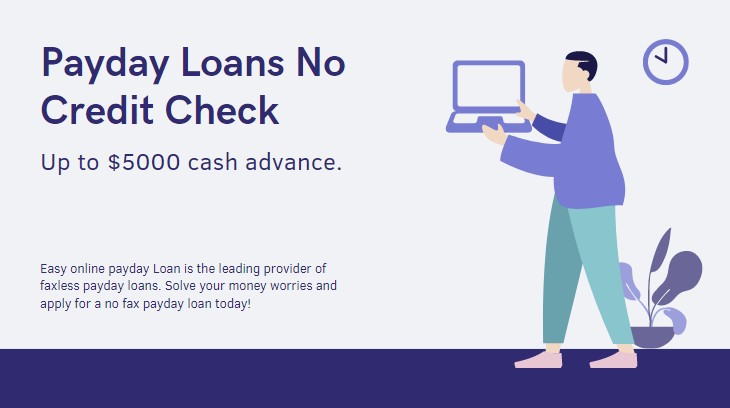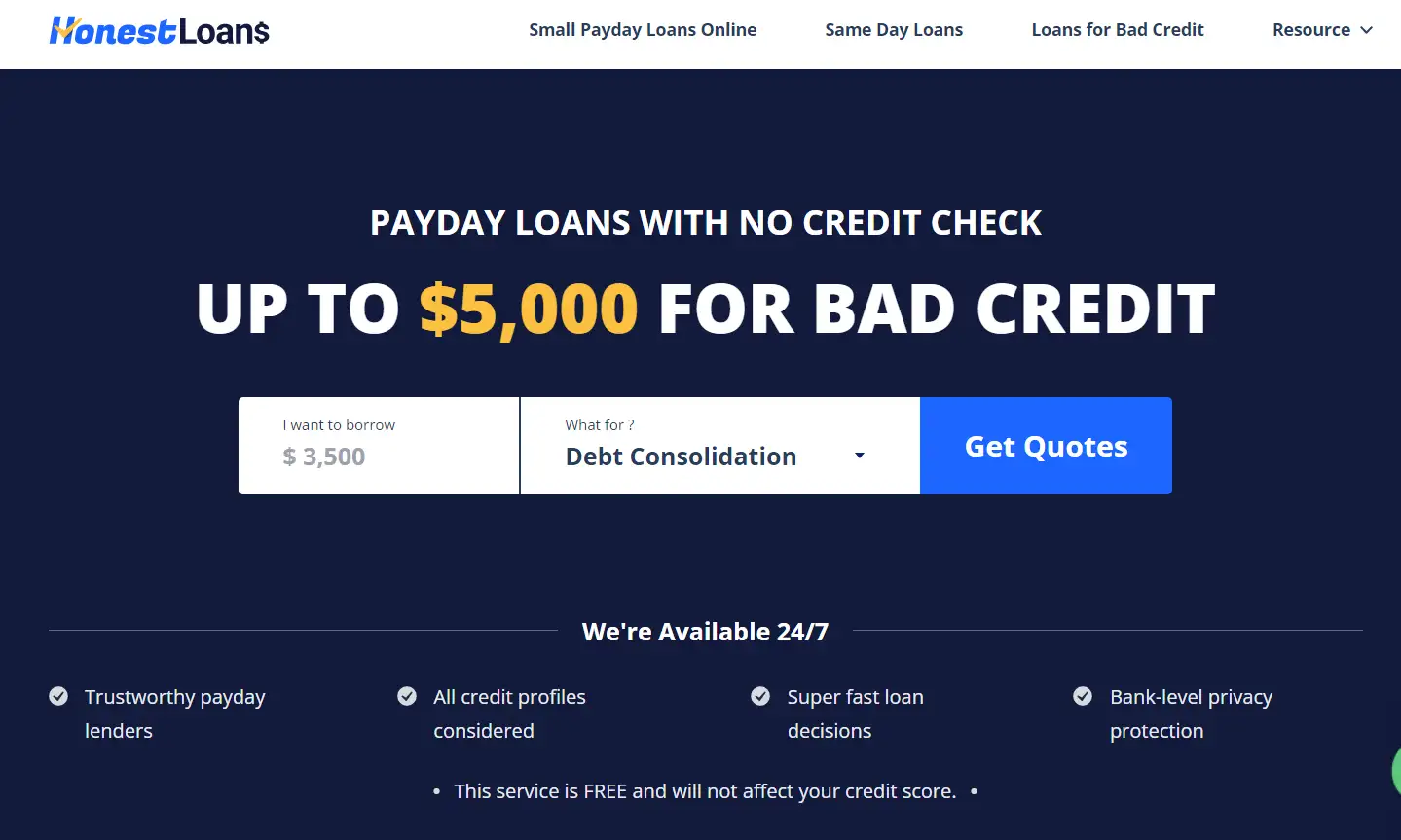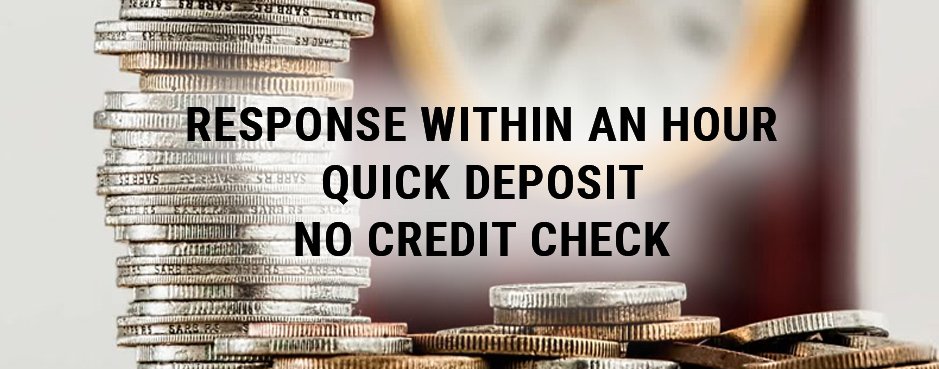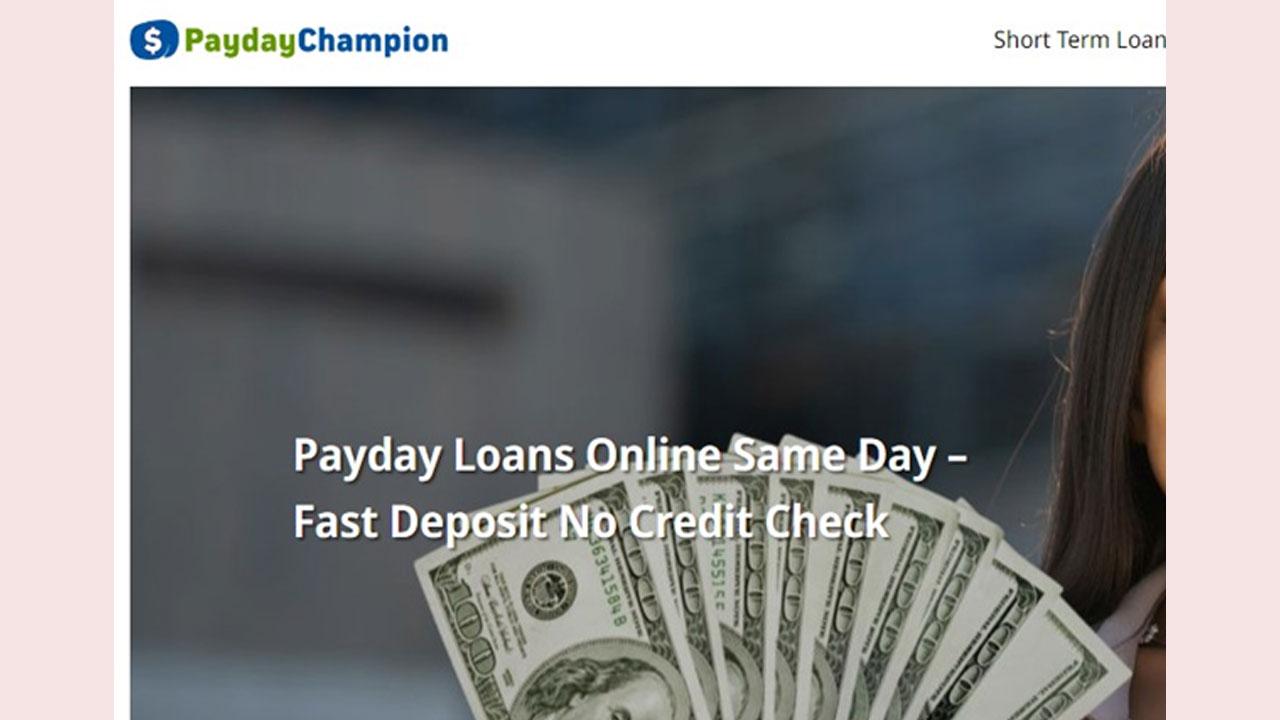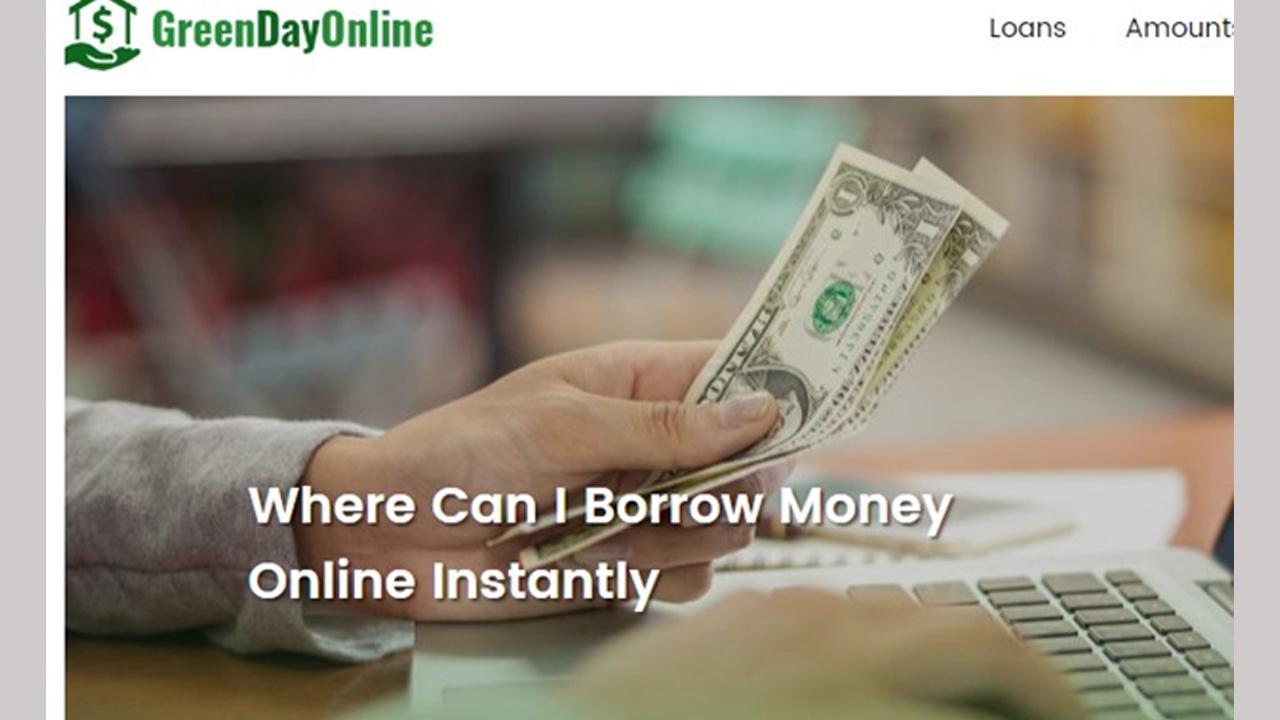Borrow Money No Credit Check Instant Approval

In the digital age, the allure of instant gratification has extended into the financial realm, with promises of "Borrow Money No Credit Check Instant Approval" echoing across the internet. These offers, often targeting vulnerable populations, present a seemingly quick fix to immediate financial needs. But behind the veneer of convenience lies a complex and often perilous landscape.
This article delves into the reality of these no-credit-check loans, examining their mechanics, the risks they pose to borrowers, and the regulatory environment that attempts to govern them. It will explore who is most likely to seek out such loans and what alternatives exist for those facing financial hardship. Furthermore, we will consider the long-term implications of relying on these types of financial products.
Understanding No Credit Check Loans
No credit check loans, as the name suggests, are loans issued without the lender performing a traditional credit check on the borrower. Instead of relying on a credit score from agencies like Equifax, Experian, or TransUnion, lenders may assess repayment ability through alternative means.
These alternative methods might include reviewing bank statements, employment history, or requiring collateral such as a vehicle title. The speed and accessibility of these loans are often heavily marketed, appealing to individuals with urgent financial needs.
The High Cost of Convenience
The primary risk associated with no credit check loans is their exorbitant cost. Because lenders are taking on a higher risk by lending to individuals with poor or no credit history, they typically charge significantly higher interest rates and fees.
These rates can easily reach triple-digit Annual Percentage Rates (APRs), far exceeding those of traditional loans or credit cards. According to a report by the Consumer Financial Protection Bureau (CFPB), borrowers often find themselves trapped in a cycle of debt, struggling to repay the principal and accumulating further charges.
The short repayment terms associated with many no credit check loans, such as payday loans, can exacerbate this issue. Borrowers may be forced to take out additional loans to cover the initial debt, leading to a cascade of financial problems.
Who Seeks These Loans?
Individuals with poor credit scores, limited credit history, or those who have been turned down for traditional loans are the most likely to seek out no credit check options. These borrowers may face urgent financial needs such as medical bills, car repairs, or rent payments.
A study by the Pew Charitable Trusts found that payday loan borrowers are often employed but struggle to make ends meet due to low wages or unexpected expenses. The promise of instant approval and quick access to funds can be particularly tempting in these circumstances.
Furthermore, communities with limited access to traditional banking services, often low-income and minority areas, are disproportionately targeted by lenders offering these high-cost loans.
The Regulatory Landscape
The regulation of no credit check loans varies significantly from state to state. Some states have strict laws in place, capping interest rates and limiting the types of fees that lenders can charge. Other states have more lax regulations, allowing lenders to operate with minimal oversight.
The CFPB has played a role in regulating the payday loan industry at the federal level, but these efforts have faced challenges and changes in recent years. Consumer advocacy groups continue to push for stronger regulations to protect borrowers from predatory lending practices.
It is crucial for borrowers to understand the laws in their state and to be aware of their rights when considering a no credit check loan. Resources like the National Consumer Law Center (NCLC) provide valuable information and guidance.
Alternatives to No Credit Check Loans
Before resorting to a no credit check loan, individuals should explore alternative options. These may include seeking assistance from local charities or non-profit organizations.
Credit counseling agencies can provide guidance on managing debt and improving credit scores. Exploring options like payment plans with creditors or seeking a personal loan from a credit union are other potential alternatives.
Building an emergency fund, even a small one, can provide a buffer against unexpected expenses and reduce the need for high-cost loans. Exploring options like secured credit cards can help re-establish credit.
The Future of Lending
The demand for short-term, accessible credit is unlikely to disappear anytime soon. As technology evolves, so too will the lending landscape. It is crucial that regulations keep pace with these changes to protect consumers from predatory practices.
Fintech companies are exploring alternative credit scoring models that rely on data beyond traditional credit reports. These models have the potential to expand access to credit for underserved populations, but they also raise concerns about data privacy and fairness.
Education and awareness are essential tools in empowering consumers to make informed financial decisions. By understanding the risks associated with no credit check loans and exploring available alternatives, individuals can protect themselves from falling into a cycle of debt.
Ultimately, addressing the underlying causes of financial vulnerability, such as low wages and lack of access to affordable healthcare, is crucial in reducing the demand for these high-cost loans and promoting financial well-being. Continued advocacy for fair lending practices and responsible financial innovation is necessary to create a more equitable financial system.




